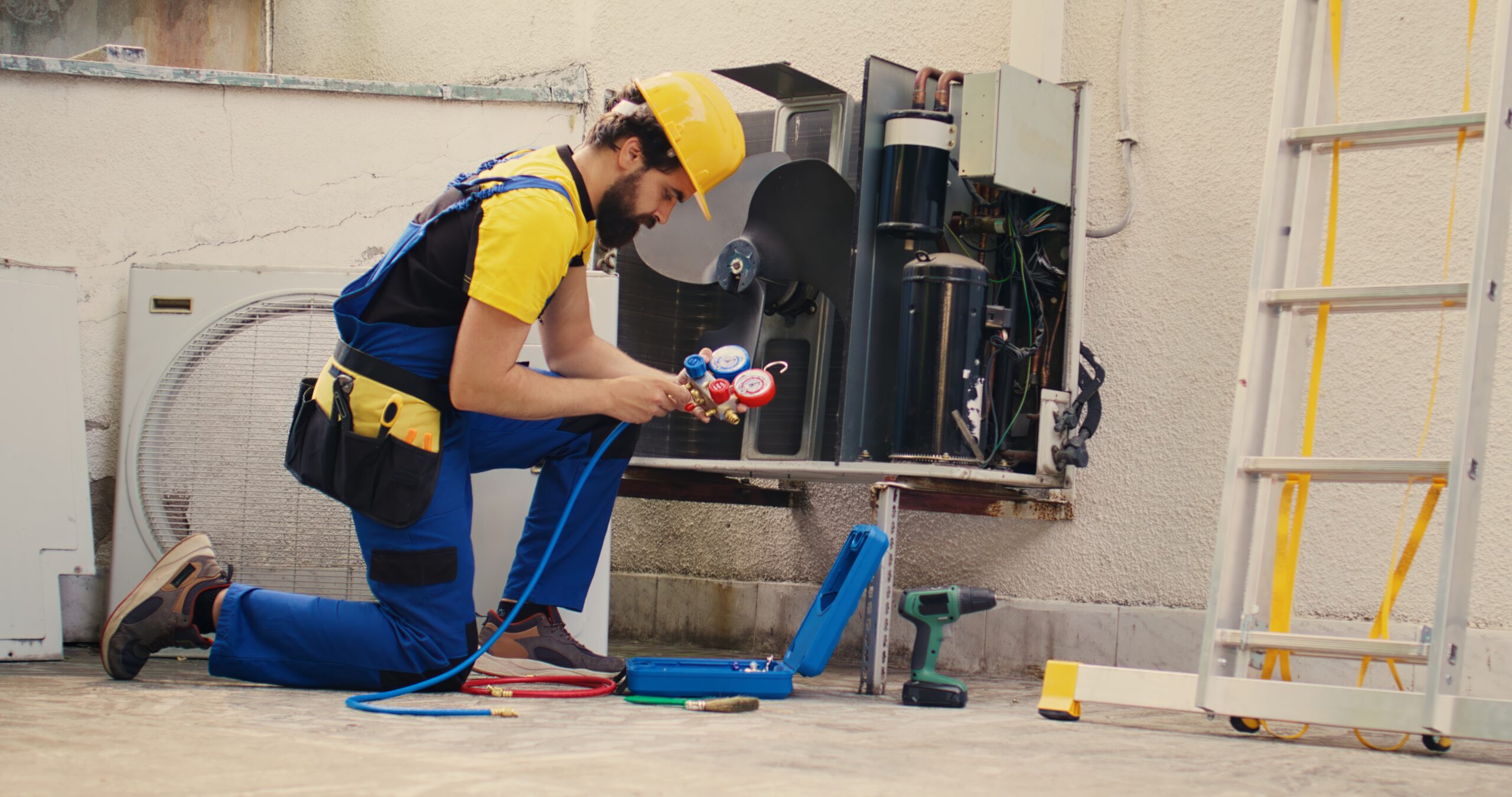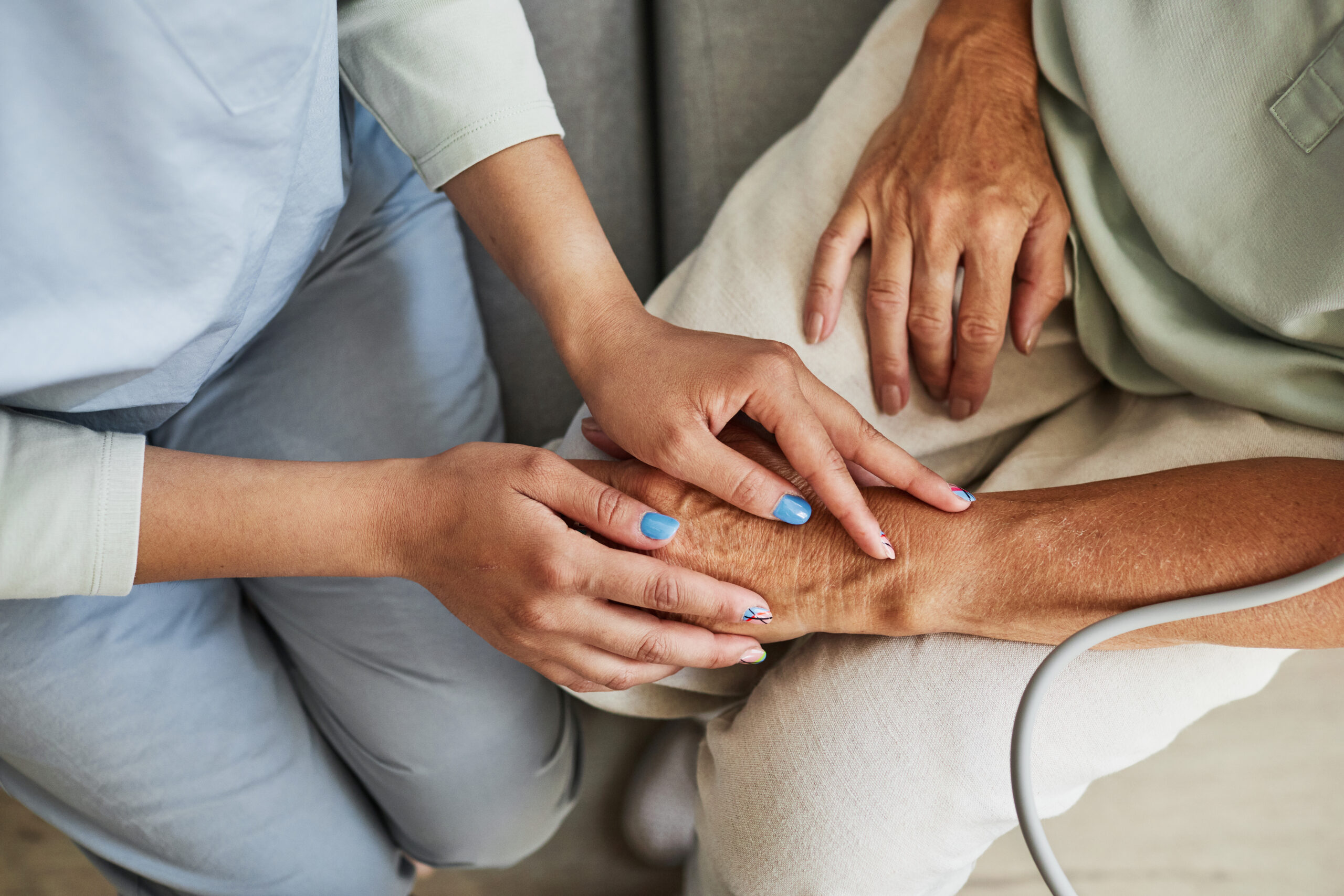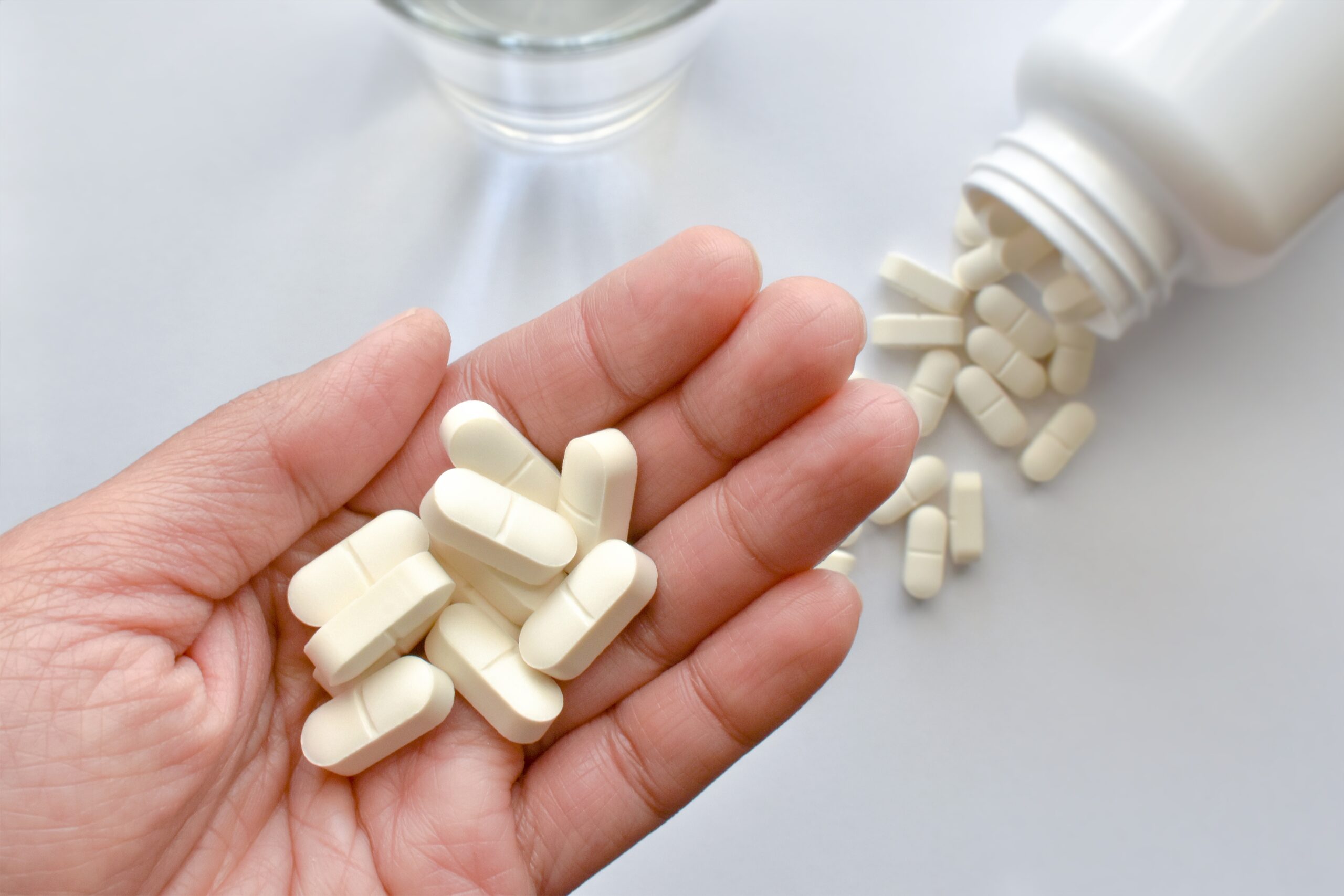Rehabilitation, commonly known as rehab, is a crucial part of treating addiction. It is a structured treatment program that provides a combination of interventions and therapies to help individuals struggling with addiction overcome their dependencies. In rehab, patients are provided with a supportive environment that allows them to focus on their recovery and learn the necessary skills to cope with triggers. There are many obvious reasons to prioritize rehab when trying to treat addiction, but it can also be a valuable component of improving your mental health. If you want to learn more, keep reading to find out about the benefits of rehabilitation for mental health.
What are the benefits of rehabilitation for mental health?

The benefits of inpatient rehab for mental health are significant and can lead to long-term recovery success. For one, inpatient rehab offers a safe and structured environment designed to build healthy habits and routines. During treatment, patients receive personalized therapy sessions, which help them develop coping strategies and learn new ways to manage their symptoms effectively. Reflections is a perfect example of the type of high-quality facility you should be looking for. You can learn more by visiting their website at https://livingatreflections.com/.
Rehab can result in improved quality of life, increased independence, and productivity, decreased symptoms of illness or distress, improved stress management skills, enhanced self-esteem and confidence, improved resilience in the face of adversity, more meaningful relationships with friends and family members, and it can reduce risk factors that lead to relapse or further deterioration in mental health status. You may also learn how to recognize early warning signs before a crisis arises so you can take proactive steps toward avoiding negative outcomes in recovery.
The best rehab programs offer an integrated approach to treatment, combining counseling and other therapeutic interventions with lifestyle changes that encourage healthy coping skills and self-care strategies. Through this comprehensive approach, participants can gain the tools required to treat their addiction and any co-occurring conditions or disorders. It’s always best to opt for a rehabilitation center that provides these support services.
What other lifestyle factors can affect mental health in recovery?

When an individual is recovering from addiction, it is crucial to address not only the physical aspects of their health but also their mental health. Lifestyle factors can play a significant role in this process. For example, stress levels can have a direct impact on mental health. You have to establish healthy ways to cope with stress in order to avoid falling into old patterns of addiction. This may involve taking up yoga or meditation or engaging in regular exercise. Meditation has been shown to be especially beneficial and it is accessible too.
Another lifestyle factor to consider is nutrition. The foods we eat can have a significant impact on our mental health. You need to eat a balanced diet that includes plenty of fruits, vegetables, lean proteins, and complex carbohydrates. This can regulate the mood and promote emotional stability. In addition, you should try to avoid caffeine, sugar, and processed foods as these can lead to mood swings and a lack of mental clarity. If you’re not sure how to maintain a healthy diet, a dietician can work with you to come up with a meal plan.
As you can see, rehabilitation for mental health is an important and often integral step in the recovery process for those suffering from mental health issues. It provides a safe and supportive environment for individuals to work through their challenges, and gain skills and confidence to live a healthier, happier life. Overall, rehabilitation for mental health can be a powerful tool for improving quality of life. You can further protect your mental health in recovery by maintaining a healthy diet and incorporating habits like meditation into your routine. Follow these tips and you can get on the road to recovery before you know it.


















